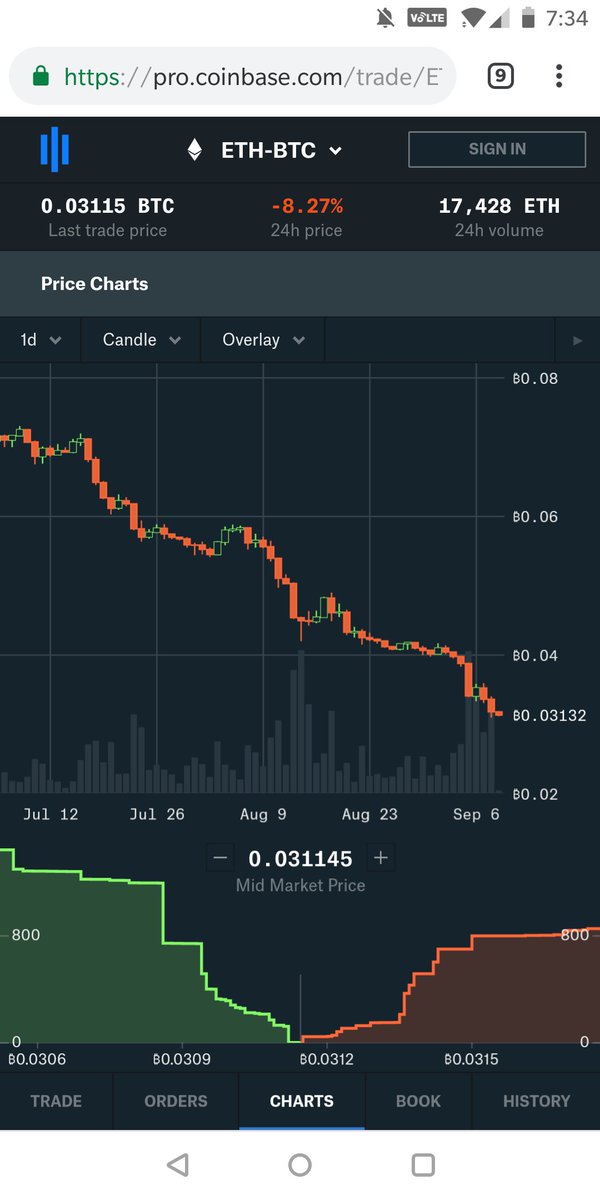1/ Once you've bought and held Bitcoin, will you ever forget about checking what its price is? Ever?
2/ Even if you don't currently own any bitcoins, you've been "mentally captured". You are forever a source of liquidity for Bitcoin.
3/ The pool of people who are captured in this way grows monotonically. The more people who are captured, the greater the liquidity.
4/ This liquidity may not show on any order book, but it's on an invisible global order book that's only available in the minds of people who've been captured.
5/ The invisible global order book comes into play during a crash when captured minds spur into action as they feel that Bitcoin has become "cheap".
6/ The monotonically increasing size of the invisible order book protects #BTC on the downside and eventually provides fuel for upside rips.
7/ The price going up also happens to attract interest from other speculators who are then captured in their turn. The whole thing is one giant, glorious feedback loop.
• • •
Missing some Tweet in this thread? You can try to
force a refresh







